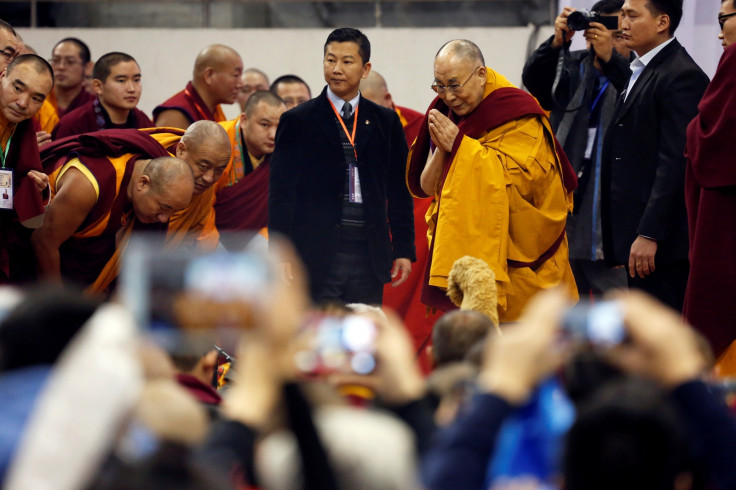Mongolia bans Dalai Lama future visits following Chinese wrath
Beijing says it hopes its neighbour 'can draw lessons from this, respect China's core interests'.

The Dalai Lama will no longer be allowed to visit Mongolia, a mainly Buddhist nation with deep historical ties to Tibet, after his arrival in the country last month sparked anger from China.
Beijing welcomed the announcement from Mongolian Foreign Minister Tsend Munkh-Orgil, who indicated an extensive ban would apply to the Tibetan spiritual leader. "You can understand that during the full term of this government, the Dalai Lama will not be allowed to visit Mongolia even for religious purposes," he reportedly said.
He had previously insisted that the visit was purely religious and was not connected with the government.
In an interview with local media, the Mongolian official appeared to express regret that the visit had hurt ties with China. The Mongolian economy is heavily reliant on China, which frequently criticises countries that give the Dalai Lama a platform to speak.
In the wake of the four-day visit, Beijing suspended bilateral meetings with the landlocked nation and said it had "harmed the political foundations of China-Mongolian relations and caused a negative impact on the development of the bilateral relations."
China hit back by imposing fresh tariffs on commodity shipments from its northern neighbour and closed the Gants Mod border crossing, where nearly 1,000 trucks transporting copper and coal pass through on a daily basis. The two countries had also been discussing a potential $4.2bn (£3.39bn) loan to help Mongolia cope with a recession.
Following the U-turn from Ulaanbaatar, China's foreign ministry spokeswoman, Hua Chunying said: "We hope that the Mongolian side can draw lessons from this, respect China's core interests, honour its commitment and make efforts to improve China-Mongolian relations."
Xinhua, China's official news agency, describes the Dalai Lama as "a political exile with ambitions to split Tibet from Chinese territory under the cloak of religion". It also noted that Beijing had "voiced strong dissatisfaction" at the visit.
© Copyright IBTimes 2025. All rights reserved.






















